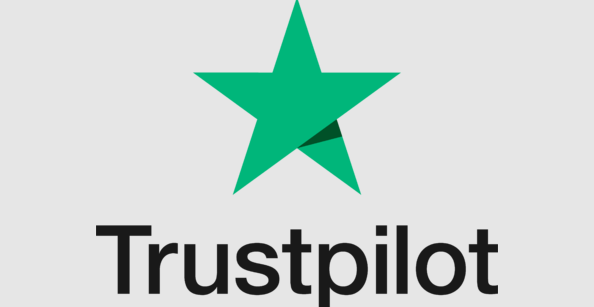Trustpilot releases new report on how to guard against fake reviews
Review platform Trustpilot has revealed in its latest Transparency Report that over 46.7 million reviews were submitted to the platform last year, of which 2.7 millions were fake.

The announcement:

